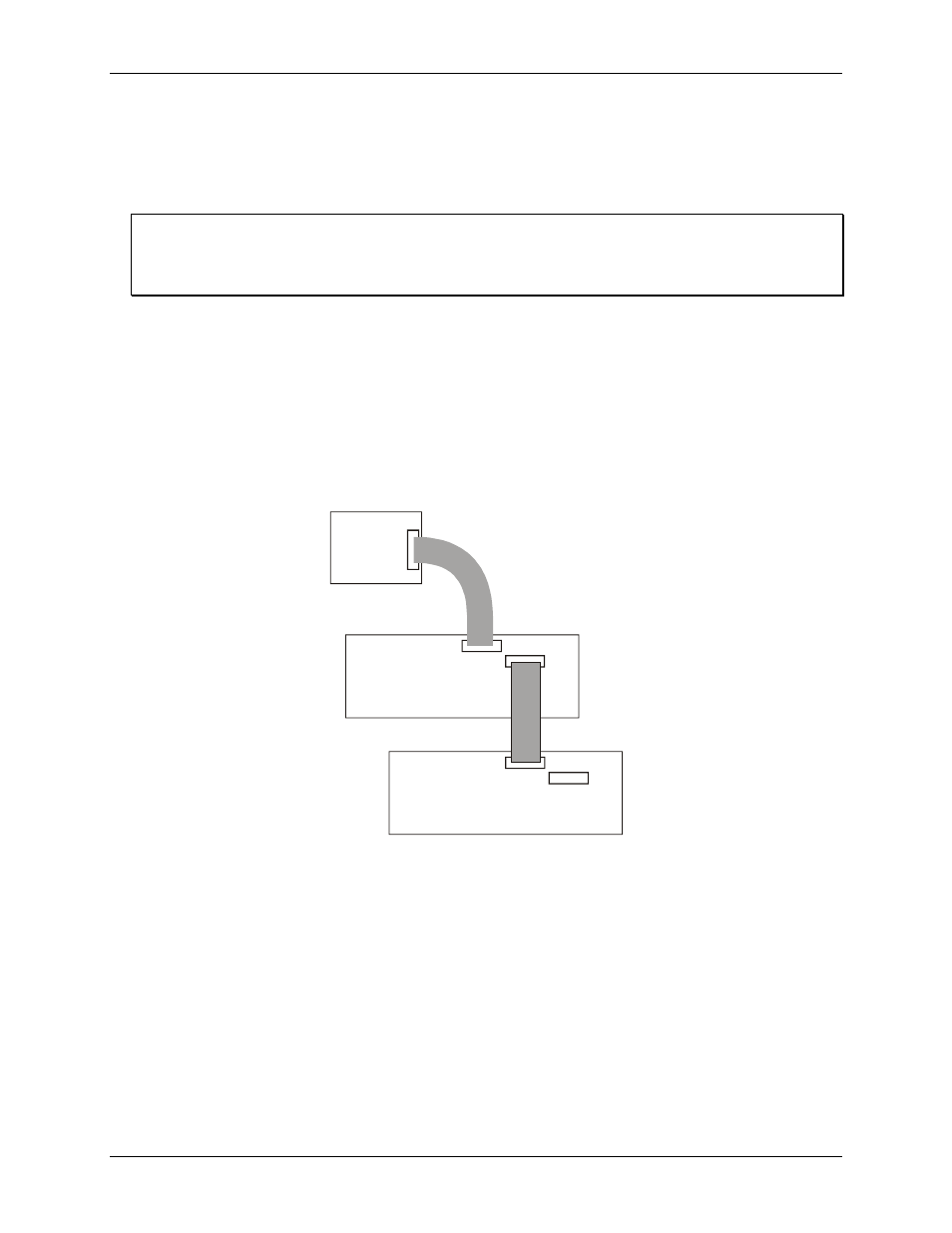Digital i/o isolation – Measurement Computing CIO-DIO48 User Manual
Page 14

CIO-DIO48 User's Guide
Functional Details
To pull-up lines, orient the SIP with the common pin (dot) toward the
HI
end; to pull-down, install the resistor
with the common pin in the
LO
hole.
When installing pull-up and pull-down resistor SIP packs, we recommend using 2.2K, eight-resistor Single
Inline Packages (MCC part number SP-K2.29C). Use a different value only if necessary.
Unconnected inputs float
Unconnected inputs typically float high, but not reliably. If you are using a CIO-DIO48 for input and have
unconnected inputs, ignore the data from those lines. You do not have to terminate input lines. Unconnected
lines will not affect the performance of connected lines. Mask out any unconnected bits in software.
Digital I/O Isolation
To provide external signal conditioning and isolation, you can connect the CIO-DIO48 to a CIO-ERB24 or
SSR-RACK24. The CIO-ERB24 provides 24 Form C electromechanical relays. The SSR-RACK24 is a
mounting rack for 24 solid-state relays.
The CIO-DIO48 provides digital I/O in groups of 48-bits. You can configure the CIO-ERB24 relay output
board and SSR-RACK24 I/O module rack in a daisy chain configuration to use all of the digital I/O bits
provided by the CIO-DIO48 board. An example of this configuration scheme is shown below.
CIO-ERB24
or
SSR-RACK24
CIO-ERB24
or
SSR-RACK24
CIO-DIO48
IN
IN
OUT
OUT
Figure 7. CIO-DIO48 to CIO-ERB24 or SSR-RACK24 daisy chain
The 24 digital I/O bits on pins 25 to 48 (base address +0 through +2) control the first relay board. The
24 digital I/O bits on pins 1 to 24 control the second relay/SSR board on the daisy chain.
Use the C50FF-x cable for interconnections. You can also use SSR-RACK48 or the CIO-ERB48 series relay
boards.
1
4